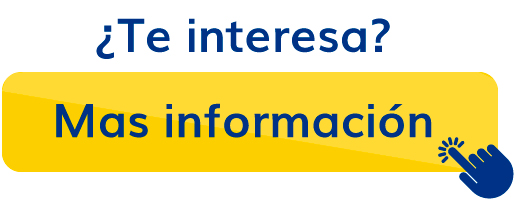Curso "El Amor y la Sexualidad en el Adulto Mayor"
Perfilado de sección
-
Curso de Sexualidad en el Adulto Mayor

-
Al aprobar esta evaluación, se habilitará el sistema para la descarga del certificado. Podrás descargar cualquiera o los tres modelos de certificado en cuanto apruebas la evaluación.

-
EL AMOR EN LA TERCERA EDAD
Video "Amor en la Tercera Edad - Parte 01"Video "Amor en la Tercera Edad - Parte 02"
-
La sexualidad de las personas adultas mayores | Patricia Kelly | TEDxUNAMAcatlán
-
CAMBIOS EN LA FUNCION SEXUAL CON LA EDAD
-
-
Al aprobar esta evaluación, se habilitará el sistema para la descarga del certificado. Podrás descargar cualquiera o los tres modelos de certificado en cuanto apruebas la evaluación.

-
-
Bibliografía
Psicología del desarrollo: Adultez y vejez. Kathleen Strassen Berger. Editorial médica
Panamericana. 2001
GARCÍA, José Luis (2005). “La sexualidad y la afectividad en la vejez”. Madrid, Portal Mayores,
Informes Portal Mayores, no 41. [Fecha de publicación: 31/08/2005].
http://www.imsersomayores.csic.es/documentos/documentos/garcia-sexualidad-01.pdf
PRIETO CHINCOLLA, Susana (2006). “La sexualidad de las personas mayores.”. Madrid,
Portal Mayores, Informes Portal Mayores, no 57. [Fecha de publicación: 19/06/2006].
http://www.imsersomayores.csic.es/documentos/documentos/prieto-sexualidad-01.pdf
Factores biológicos, psicológicos y sociales de la sexualidad en los ancianos. J.M Alonso
Valera, B. Martínez Pascual, M.D Díaz Palarea, F. Calvo Frances. Rev Mult Gerontol 2004;
14(3); 150-157
La sexualidad en el Anciano – Cristina Rodríguez Benito. INEFOC (2008)
7Yanguas J. Hacia una propuesta de conceptualización de programas de intervención en
gerontología psicosocial. Rev Esp Geriatr Gerontol 1995; 30: 177-188
Prejuicios y actitudes hacia la sexualidad en la vejez. Imelda Orozco Mares y Domingo David
Rodríguez Márquez. Universidad de Guadalajara
Sexualidad en el Adulto Mayor. Artículo de la Prof. Doctora Adela Herrera P. Médico Geriatra e
Internista. Clínica Las Condes



